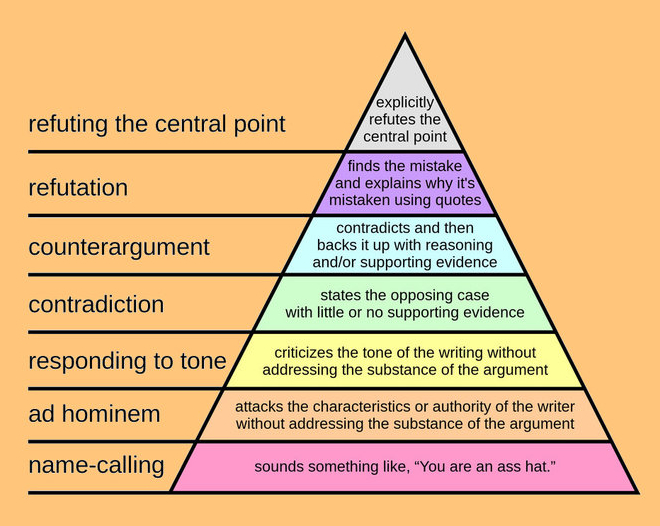I just learned about a concept of abuse I had never hear of before – Gaslighting.
And fknell if you’re not richly grounded in the soil of your own truth and innate goodness, it is terribly easy to lose your roots and be toppled.
Gaslighting is to manipulate someone psychologically so that they doubt their sanity. It is emotional abuse where the victim is manipulated to doubt their own memory and perceptions. It happens when one person tries to overwrite another’s reality. Perception and view of self get undermined by little and big insinuations and comments such as ‘oh you couldn’t do that, you’re not organised enough’, and ‘you’re far too emotional and sensitive’. Words from a partner can seem harmless, but gaslighting is more insidious than that. It is designed to disempower, so the other person can take control and even make themselves feel better by having power over the other.
The truly destructive thing about gaslighting is that it nibbles away at your self-worth, your belief in yourself, your talents.
The worst kind of gaslighting is “spiritual” gaslighting, where the admonishments to one’s personality get couched in personal growth speak:
‘I’m telling you this because I care about you and if you become aware of how you’re acting and what you’re really like, you’ll be able to transform yourself and truly grow.’
Oh what the hell really, relationships are just so hardcore these days o_O and I consider it absolutely possible that this happens frequently in relationships, without the proponents even really fully noticing, or the acts being deliberately harmful or meant to be suppressive, but instead are a haphazardous expression of bad habits adopted from chauvinistic role models at home as a child…
Good news is, there seems a way out of this Teufelskreis:
Develop an indestructible sense of self, based in deep value and love. When you become your own best friend, cheering yourself on, and believing in your innate goodness, you will be far less easily manipulated and knocked off your course. Step-up to greater self-responsibility and power.
- Develop a strong sense of yourself.
- Believe your own intuition.
- Spend time alone and get to know yourself.
- Create your own life and live from what is real for you.
- Be immovable in your self-love and self-connection.
- Don’t put others on a pedestal.
- Listen to your heart wisdom and your intuitive nudges. Trust yourself no matter what.
- Have a strong connection with something higher than yourself.
- Develop a mindful internal barometer – stop and check-in before taking on board someone else’s opinion of you or of life.
Read more on that topic here: upliftconnect.com/gaslighted

